Kubilai Khan
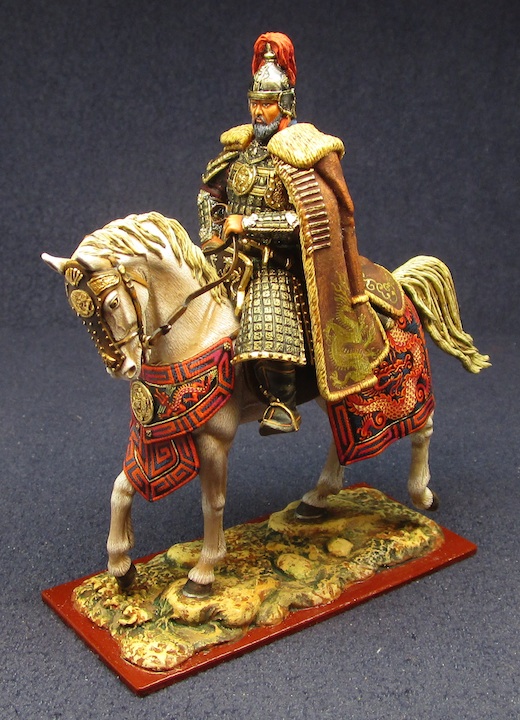

When Great Khan Mongke (grandson of Genghis Khan) died, the most likely successor to his lofty status would be one of his three remaining brothers. Two of these brothers were commanding major Mongol military campaigns. The eldest, Kubilai, was waging war against China. His brother Hulegu was immersed in the Mongol effort to conquer Persia, Syria, and Mesopotamia. Leaving their active battlefields would cost Kubilai and Hulegu hard-fought territory, giving their opponents substantial advantages.
The youngest brother Arik-boke, though also an able warrior, was less-sophisticated than his older brothers. Arik-boke was steeped in Mongol lore and tradition and was averse to any deviation from parochial Mongol orthodoxy.
Kubilai, as it turned out, delayed his return much too long, giving detractors to his election time to galvanize their opposition. It was opined by the more conservative and traditional Mongol hierarchy that Kubilai was 'too Chinese.' Where Genghis Khan and his immediate followers had pursued a scorched-earth policy, leaving cities devastated and populations lost, Kubilai believed the exact opposite. Kubilai required wherever possible that cities would be captured intact and functioning, providing instant contribution to the Mongol treasury. Opposition to Kubilai's elevation to Kha Khan was headed by his younger brother Arik-boke.
Despite the forces gathering against him, Kubilai declared himself Kha Khan in May 1260 and a civil war began. Arik-boke had neither the wit nor resources to defeat Kubilai's vast and well-trained army. By 1264 Arik-boke and his traditionalists were defeated. Arik-boke was captured and placed in 'privileged confinement.'
With the civil war concluded and his suzerainty ensured, Kubilai returned to the conquest of China. History records his campaigns in Korea, Cambodia, and Burma.
Kubilai was always aware of the enormous task involved in the ruling of this vast and ancient land. Thus he devoted his focus to establishing structure and staff to guide his new Mongol dynasty, the Yuan. It would become the ruling dynasty in China. his war to finish the conquest of the Southern Sung dynasty was placed in the loyal and brilliant charge of his best general, Bayan.
Kubilai's General Bayan wrote the final chapter for the Sung dynasty in 1276 with the capture of Hongkow, the Chinese capitol - a city with canals, 1200 bridges and population of more than a million. Mongol troops entered the city without the bloodshed or mayhem usually associated with Mongol conquests.
The surviving Sung court was taken to Kubilai's capital with the objective of developing cooperation from the Chinese in the furtherance of the Mongol-Chinese Yuan dynasty. While Kubilai continually surrounded himself with able and knowledgeable advisors, his principal and wisest counselor was his wife Chabi. Among her many qualities, Chabi understood how enormous wealth could be achieved from agriculture and local industries. To this end, Chabi always counseled Kubilai to support the farmers' return to the fields as well as support for the silk industry and ceramics trade.
Kubilai's later years were unhappy. His beloved wife Chabi died in 1281 creating an enormous void in his life. Kubilai's Chinese ruling inclinations were offset by his Mongol roots - the need to grow the empire and continue conquest.
In 1274 Kubilai had launched his initial invasion of Japan with a large fleet of ships and 20,000 troops. A disastrous typhoon struck the Mongol fleet with a loss of most of the men and ships. In 1281 Kubilai returned to his plan to bring Japan into his domain. His new and even larger fleet and army suffered another debacle in the form of another major storm that once again destroyed his ships and troops.
Much as his early years achieved triumph after triumph, his later years became filled with disappointments. After the loss of his wife, his favorite son Chen-Chin died in 1285. Kubilai in his final years became reclusive and depressed. He drank and ate too much and became extremely overweight. He died in 1294, a sad and miserable figure.
His body was taken to Mongolia where he was buried. As was the case with his grandfather Genghis Khan, no formal tomb was erected to honor the man. The exact location of the burial place of these two great leaders is now lost to eternity.
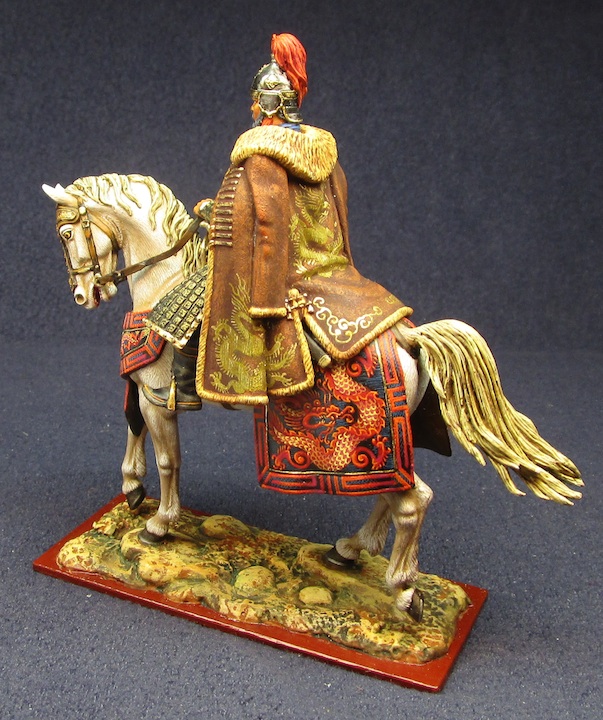
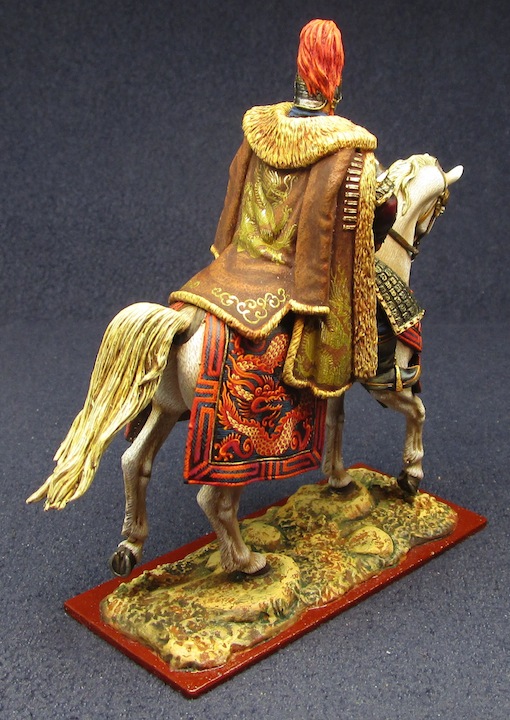
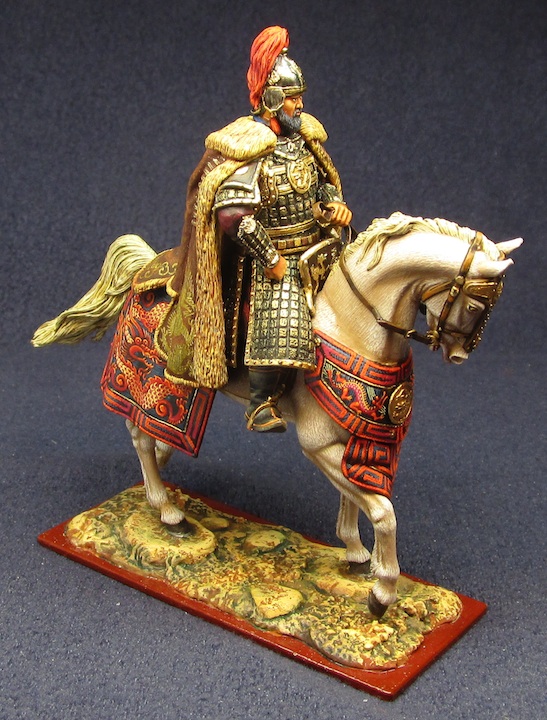
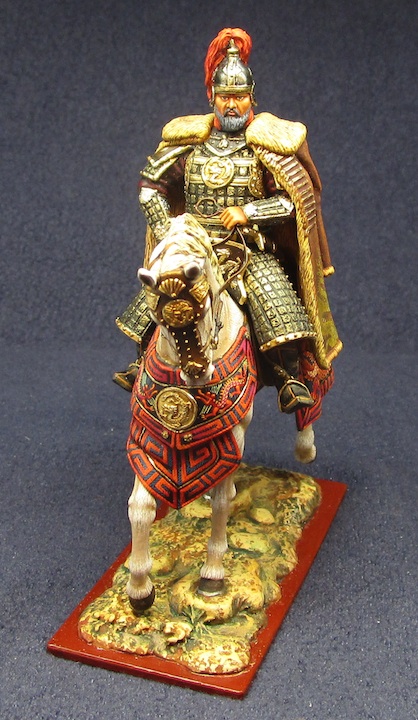
 Up
Up